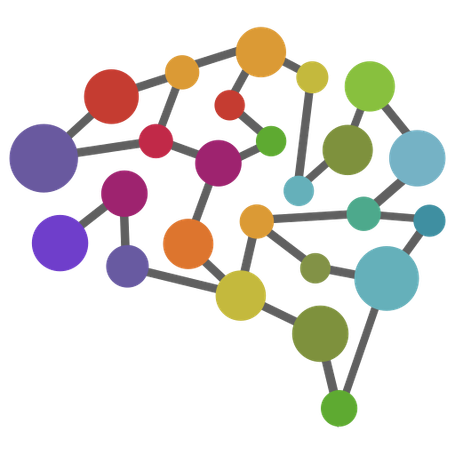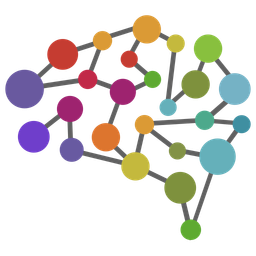Meaningful Goals for Meaningful Outcomes
Match 20 pictures in 20 seconds or add 4 coins in 20 seconds?
One crucial aspect of fostering meaningful progress is the strategic establishment of goals. Setting goals that are not only specific and measurable but also inherently meaningful can significantly contribute to long-term positive outcomes.
The Shift to an Adaptive Curriculum:
As individuals with ASD or ADHD approach the age of double digits, there is a notable emphasis on transitioning from a purely developmental curriculum to one that is adaptive in nature. This shift recognises the importance of cultivating skills that facilitate adaptability within their environment. From mundane tasks such as walking to the bus stop and waiting at the dentist's office to more complex activities like managing a shopping list or using a phone to check the weather, this adaptive curriculum targets skills that are not only practical but also essential for fostering independence.
Practical Application of Skills:
The emphasis on an adaptive curriculum underscores the practical application of skills. For instance, teaching individuals how to tolerate deviations from their preferred meal choices becomes a valuable life skill. This practical approach acknowledges the nuances of daily life and equips individuals with ASD/ADHD with the tools to navigate unforeseen circumstances, promoting resilience and adaptability.
Functional Independence:
Independence is a key theme within the adaptive curriculum. Teaching individuals skills that, if not acquired, would necessitate assistance from others, becomes paramount. A poignant example is the essential skill of daily hygiene. Dr. Peter Gerhadt's example of an individual who showers daily highlights the often-overlooked importance of dedicating sufficient teaching time to such fundamental skills. The goal is not just mastery in specific settings but achieving a level of proficiency that ensures true independence across various situations.
Mental Health and Well-being:
Competence and Sense of Accomplishment:
Another facet of goal-setting for individuals with ASD/ADHD revolves around competence and the sense of accomplishment. Designing programs that include activities where individuals can excel, even in simple household tasks like emptying the shopping or dishwasher, contributes significantly to their mental well-being. Recognizing and celebrating their achievements, no matter how small, fosters a positive self-perception and a greater sense of belonging.
Incorporating Exercise as a Life Skill:
Exercise is highlighted as a crucial component in promoting mental health, applicable to individuals with special needs and those without. Programs focusing on increasing tolerance for activities like walking not only contribute to physical well-being but also address sensory regulation and accessibility. The goal here is not just the activity itself but the positive impact it has on overall behavior and well-being.
Conclusion:
In conclusion, setting meaningful goals for individuals with ASD/ADHD involves a holistic and individualized approach. The shift towards an adaptive curriculum, emphasizing practical skills, independence, and mental well-being, lays the foundation for long-term positive outcomes. Each goal should be designed with careful consideration of the individual's unique strengths and challenges, acknowledging that the ultimate objective is not just skill acquisition but the cultivation of a fulfilling and independent life. By setting goals that are both meaningful and achievable, we pave the way for individuals with ASD/ADHD to overcome obstacles, embrace their capabilities, and lead lives rich in purpose and accomplishment.


